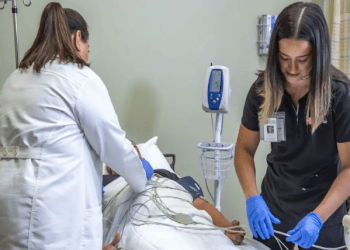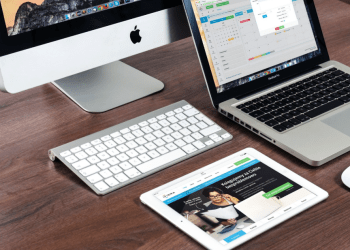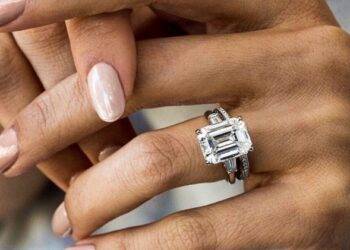Before we think about whether or not being HIV positive makes a person disabled, we must first define what a disability is. Simply put, a disability is a physical, cognitive, or mental impairment that makes it difficult to take part in various life activities and limits what they can do once they undertake such activities. To clarify, “cognitive” means pertaining to the capacity to do things with information, such as to analyze, infer, remember, categorize, reorder, and solve problems with it, whereas “mental” refers to aspects of a person’s brain, such as psychomotor function, or psychological states, such as depression, body dysmorphia, schizophrenia, and the like.
Given the definition above, having HIV/AIDS is indeed disabling because it impairs the immune system from functioning properly and makes the body vulnerable to all sorts of infections that can cause debilitating diseases and illnesses. To illustrate, respiratory diseases such as tuberculosis and pneumonia can cause non-stop coughing and difficulty breathing.
But even if a person living with HIV (PLHIV) does not yet exhibit any symptoms, they are already considered as a person with a disability (PWD) by the Americans with Disabilities Act (ADA). This Act protects PWDs from all forms of discrimination. In the workplace, they are protected against being bypassed for training opportunities or promotions just because they’re disabled. They are also protected against being denied healthcare services, being barred from entering business establishments such as hotels and restaurants, and being ejected from places where everyone is free to go – again, just by virtue of them being PWDs.
Social Security Administration (SSA) and PLHIVs
While the ADA recognizes PLHIVs as PWDs upon confirmation of infection, the SSA only looks at the presence of physical impairment that already interferes with life activities. To apply for disability benefits, PLHIVs must show that their impairment has been interfering with how they live their lives for at least 12 months. For instance, if they’ve been bedridden due to HIV wasting syndrome, then they won’t be able to work or find employment.
Other benefits available to PLHIVs
HIV-positive individuals can avail of the following programs to get treatment and embark on their journey to recovery:
- Ryan White HIV/AIDS Program – This program helps low-income PLHIV get treatment, medication, and support services that help them sustain getting treatment.
- Medicaid – This is health insurance that provides coverage for PWDs, lower-income individuals, and old people who may no longer be insurable by private insurance companies. For many PLHIVs below certain income thresholds, Medicaid is a crucial source of coverage.
- Health Center Program – This program funds and helps set up community-based health centers to address emergent community health needs, such as HIV screening and treatment. It serves everyone regardless of their income level.
Discrimination: a disabling societal condition
There’s still much work to be done to fight the stigma surrounding HIV/AIDS. Just recently, a Texas judge ruled that organizations are not obliged to cover PrEP – a medicine that prevents HIV from taking hold in the body – on the grounds that when an employer is made to do so, they encourage homosexual sex, which is against their religious beliefs. What the plaintiff and the judge fail to realize is that HIV is not a gay disease – anyone regardless of their sexual orientation can get infected. Therefore, the ruling keeps everyone from maintaining their sexual health and preventing the spread of such a pernicious virus.
In this real-life example, we can see how even well-educated individuals can lack understanding. Thus, we can also imagine how much more discrimination PLHIVs continue to face every day due to stigma. Thankfully, PLHIVs are not without allies – they can turn to disability lawyers to fight on the side of justice.











